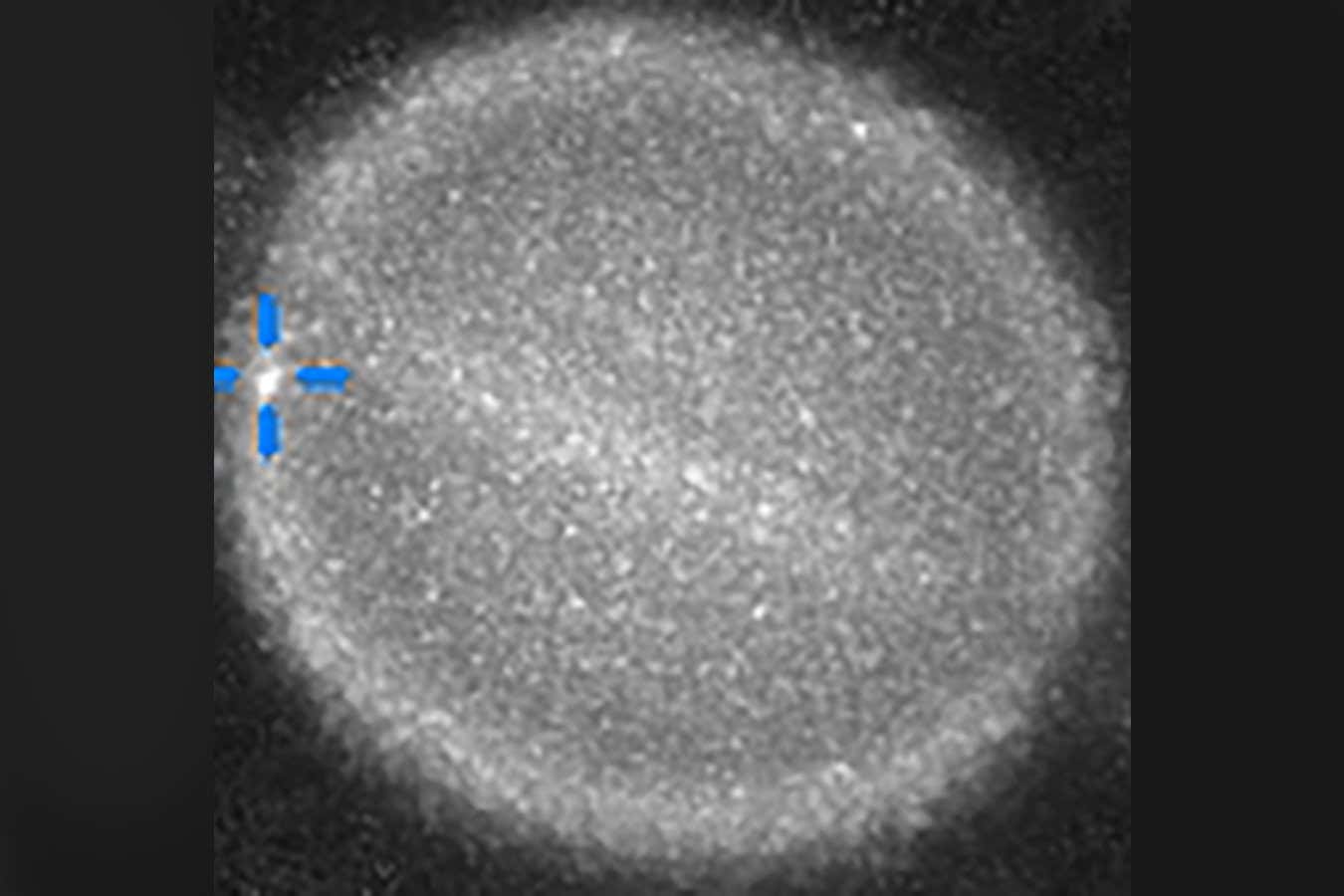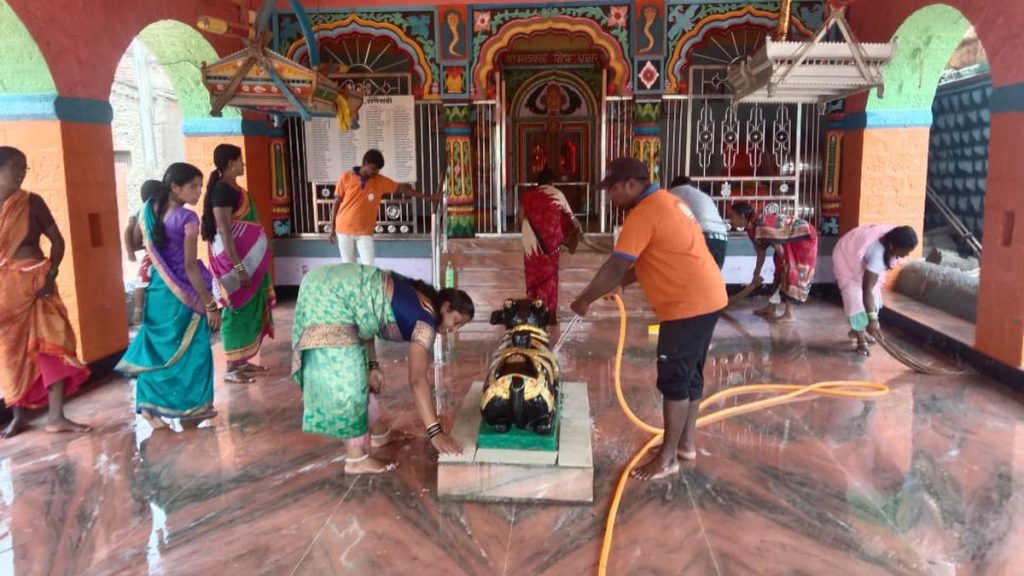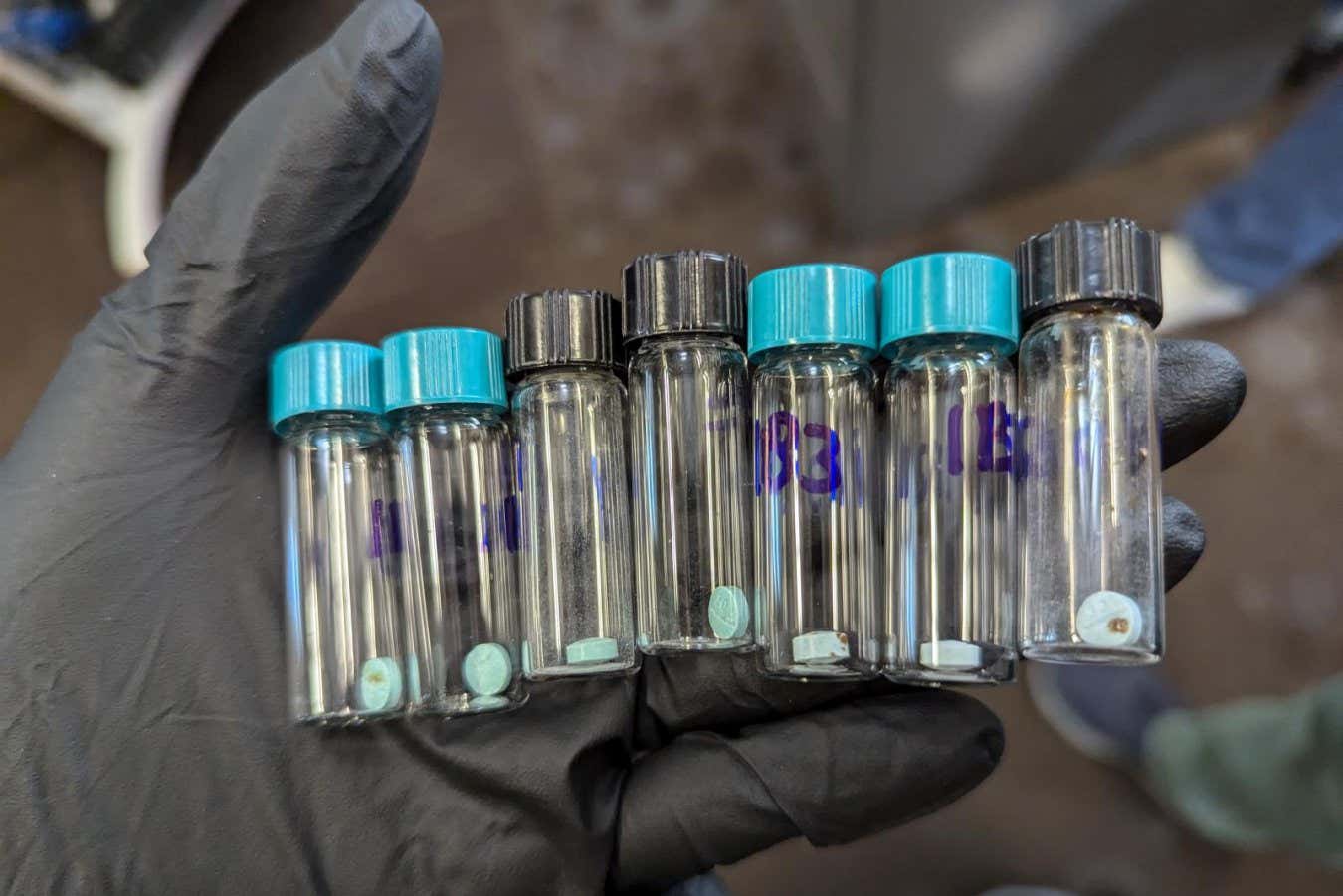Now Reading: Did Something Strike Saturn? Astronomers Investigate Mysterious Event
-
01
Did Something Strike Saturn? Astronomers Investigate Mysterious Event
Did Something Strike Saturn? Astronomers Investigate Mysterious Event

Rapid Summary
- Saturn is estimated to be hit by around seven asteroids or comets annually, but no impacts on the planet have ever been observed.
- Amateur astronomer Mario Rana claims to have captured images of a momentary flash that may represent such an impact.
- rana’s data comes from the DeTeCt project, which uses software designed to detect planetary impacts via imagery analysis.
- Verification requires two independent observations of the same flash from different telescopes to eliminate potential glitches.
- Researchers,including Ricardo Hueso (University of the Basque Country) and Leigh Fletcher (University of Leicester),are investigating whether it was indeed an impact. The flash was noted on July 5 between 9:00-9:15 UTC.
- Mark Norris (University of Central Lancashire) highlights that astronomy’s popularity and advanced telescopic equipment could increase chances of corroborating evidence.
- A verified impact could still provide limited scientific insights due to a lack of pre-collision data about speed or mass. Observations like those made during comet Shoemaker-Levy 9’s collision with Jupiter in 1994 would offer much richer scientific value.
!campaign=RSS%7CNSNS&utmsource=NSNS&utmmedium=RSS&utm_content=home”>read More
Indian Opinion Analysis
If confirmed, this observation possibly marks the first-ever recorded impact on Saturn-a crucial milestone for planetary science. While amateur astronomers’ involvement underscores citizen science’s importance in global research efforts, verifying such events demands high precision and collaboration between hobbyists and professionals alike.
For India, where astronomy has deep historical roots yet remains underutilized at large-scale public participation levels, this highlights how accessible technology like advanced telescopes could empower enthusiasts nationwide to contribute valuable findings on cosmic phenomena. digital tools enabling projects like DeTeCt might inspire Indian researchers or amateurs aiming for significant contributions despite resource limitations.
The incident also reminds us that impactful discoveries often depend not just on major institutions but decentralized networks-an approach aligning with India’s space research ambition through ISRO’s collaborations across academic circles globally.























